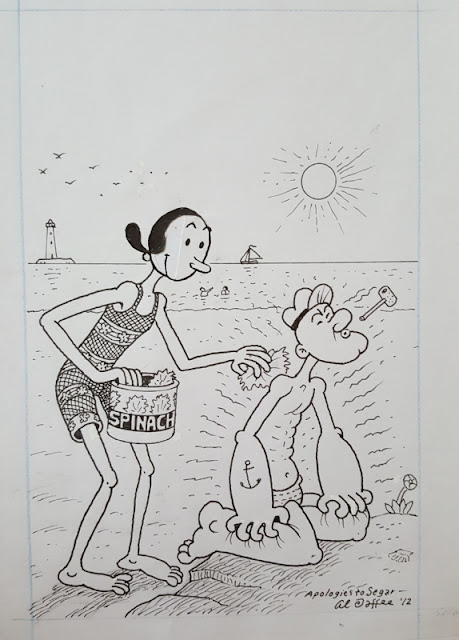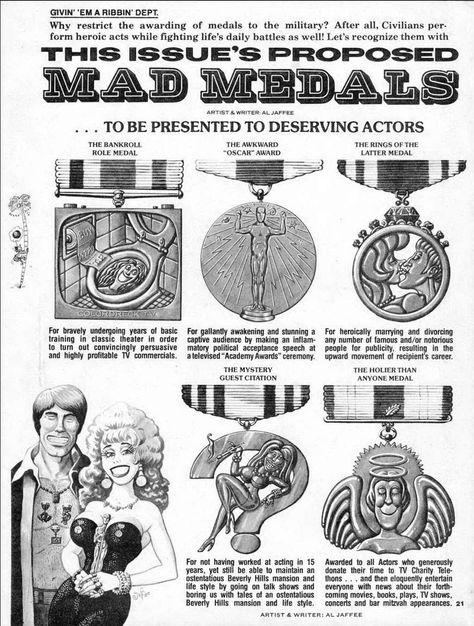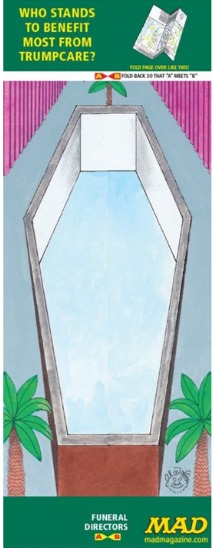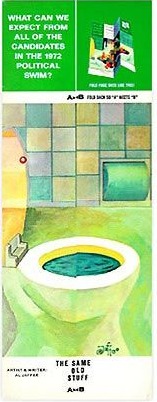 |
| 1927-2023 |
Singer, actor, and political and social activist Harry Belafonte died. Here he is being interviewed by Good Morning, America's David Hartman way back in 1981:
Hartman may not have placed a heavy burden on Belafonte with that question, but he certainly placed a heavy burden on this post! I mean, now I have to explain why Harry was an international superstar. I guess the best way to do that is by giving you examples of his singing, acting, and activism.
I'll start with the singing. Though he sang all types of songs in his long career, Belafonte was best known as a folk singer. What made him different from Pete Seeger, Joan Baez, or the Kingsmen Trio is that Belafonte often went outside the continental United States for his material. And why not? Though he was born in New York City, both his parents were Jamaican immigrants and Harry himself spent a few years as a child living with his grandmother in the ancestral homeland. And when he was there, he kept his ears pricked to the local sounds. And there's no more local a Jamaican sound than...
...CALYPSO!
A groupie.
Now, this dude's musical repertoire normally isn't anything like Belafonte's, yet when Harry appears on his TV show, Mr. Cole humorously holds his own as one of Harry's biggest hits becomes a duet:
Unless Jellystone Park is located somewhere in the Caribbean, I don't think that's who they were singing about.
You heard the man. He's leaving this place behind...
...and is heading halfway around the world:
Really, though, one country or one region of the world wasn't enough to hold Harry Belafonte down. As David Hartman pointed out in the video at the top, Belafonte was an international star...
...as this muppeteer would readily attest:
Belafonte later performed the song at Jim Henson's memorial service.
All right, enough with the singer (well, I guess you could never get enough of him as a singer.)
Let me move on to the actor, which is what he wanted to be in the first place. He only started singing at clubs to pay for acting school. Yet his film appearances were sporadic, and by his own volition, as he didn't like how blacks were often depicted in movies. What the movies had in store for him could be pretty odd at times. And there's no better example of that than...
...this film. Oh, it's a very good movie, a very good musical, an updating of Bizet's opera Carmen to World War II. Its two principal actors Dorothy Dandridge and Belafonte had already earned a degree of celebrity as singers by 1954 when this movie came out, which didn't stop director Otto Preminger from dubbing their voices during the musical numbers. Dandridge lip synced to a then unknown Marilyn Horne, and when Harry opened his mouth, what you heard was not him, but some dude by the name of LeVern Hutcherson. I'll admit Hutcherson did a fairly decent job of singing, but he's not the subject of this post. For that reason I'm not going to show you a clip from that film.
Instead, I'll show you a clip from...
...this film. Released 20 years after Carmen Jones, Belafonte plays mob boss Geechie Dan Beauford. Watch:
I think Marlon Brando just fell off the banana boat.
Of course in real life, Harry Belafonte was anything but a gangster, and that brings me to the political and social activist:
In 1960, Belafonte stumped for JFK.
Now, here's Belafonte with a man who never ran for any public office, yet brought about more change than many who have.
When Martin Luther King Jr. was jailed in Birmingham, it was Belafonte who paid his bail.
Belafonte, Charlton Heston (who hadn't yet gone over to the dark side), Burt Lancaster, and Sidney Poitier hanging out together during the March on Washington.
During a taping of her 1968 TV special, Petula Clark actually touched Harry Belafonte's arm!!!!!!!!!!!!!!!!!!!! The sponsor, Plymouth Motors, asked that it be retaped. Clark refused, the controversy was reported in the press, and once the special finally aired, it got huge ratings.
Ironically, in that same year on that same network...
...this aired to considerably lower ratings. If the sponsor had only complained...


















.jpg)




























.jpg)











.jpg)












